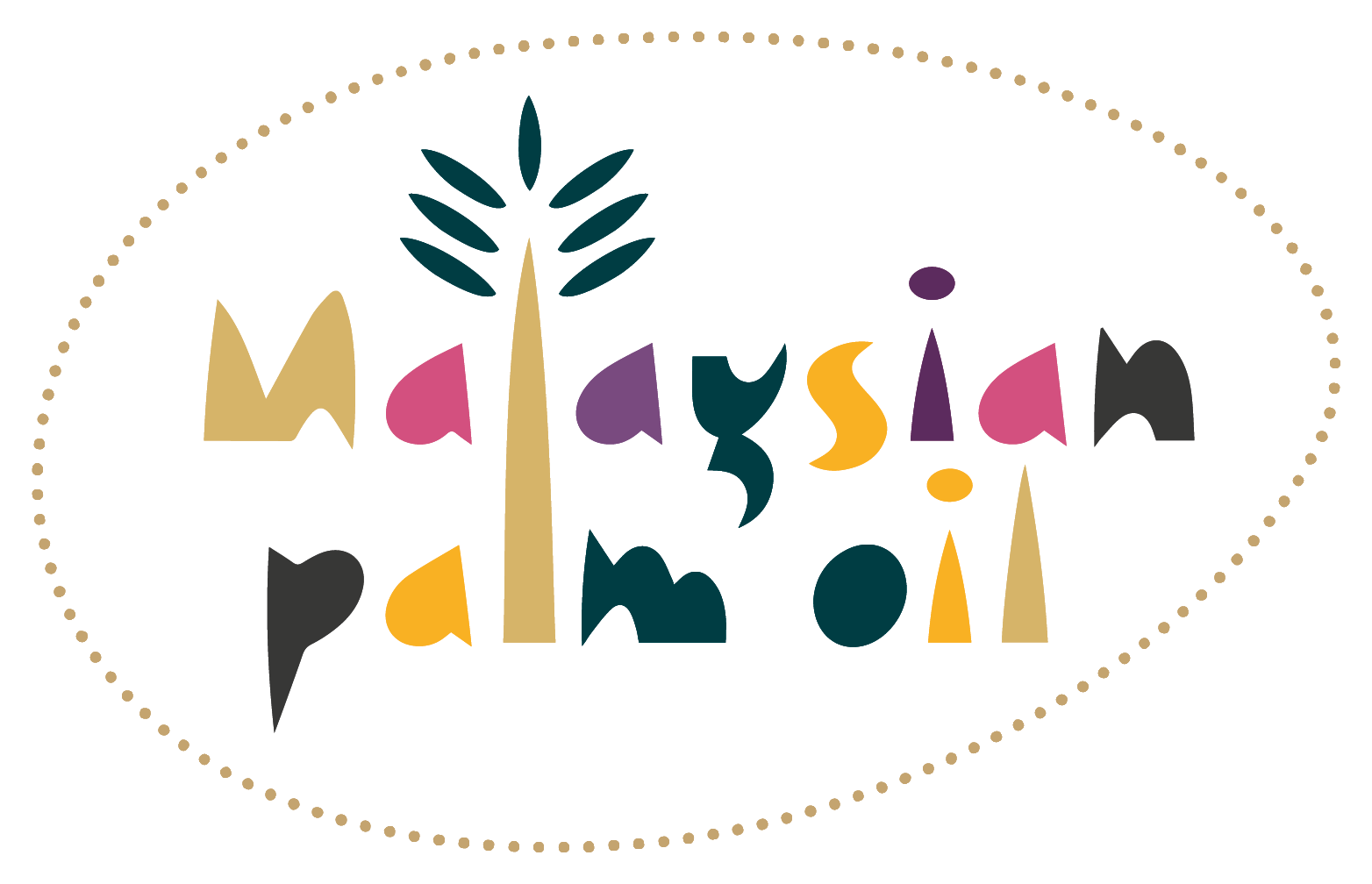The focus of attention for the palm oil sector, when it comes to EU regulations, has been the EU Deforestation Regulation. This is for good reason: the EUDR imposes significant burdens on exporters, importers, and small farmers â and efforts are ongoing to expose why the EU needs to do more to help the developing world.
Nevertheless, EUDR is not the only EU regulation that could impact Malaysian palm oil exports to the European Union. Other efforts are underway in Brussels that could require compliance from Malaysian companies throughout the supply chain. None are as immediate or substantive as EUDR, but all do have impact on commodities being sent to the European Union â and all are part of the ongoing effort to build a âBrussels Effectâ in commodity regulation that will influence other countriesâ regulation.
The EU Corporate Sustainability Due Diligence Directive (CSDD) was originally published on 23 February 2022, and has now been subject to proposed amendments by the EU Parliament and Council.
The CSDD is broad, requiring both EU and non-EU companies to establish due diligence and reporting procedures to address adverse impacts related to the environment and human rights. In practical terms, the CSDD will mean action plans and preventative activity being taken by companies â including related to their supply chain partners around the world.
The EU Parliament has proposed to increase the scope further, with a requirement for companies to engage with affected stakeholders in identifying, preventing, prioritising and remedying risks. There would be a more formal role for trade unions, NGOs and human rights activists as well, as part of a grievance mechanism that would make it easier for complaints and whistleblowing to be lodged.
The CSDD plans also to hold companies responsible for both upstream and downstream activities in the value chain, including activities related to sale, distribution, transport, storage and waste management of a companyâs products. This does not include the use of the end product.
Sanctions for breaching the CSDD could include fines of up to 5% of the net worldwide turnover.
However, the CSDD is struggling to make its way through the Brussels legislative process. Significant differences in the positions of MEPs, EU governments, and the Commission have delayed negotiations and it is now possible that CSDD will not be completed in time before the EU elections in June 2024.
A core point of difference is the concept of âsupply chainâ versus âvalue chainâ. Several EU governments would like to limit the CSDD scope so that companies only have to address issues (and report on issues) in their direct supply chain. It would significantly reduce complexity for many international traders and exporters, including palm oil businesses.
While palm oil is not specifically mentioned in the CSDD, it is clear that palm oil exporters and importers would have significant responsibilities and if there is as broad interpretation of âvalue chainâ in the final Directive, it could be difficult for palm oil businesses given the complexity of local supply chains in producing countries.
In addition to the CSDD, the European Sustainability Reporting Standards (ESRS) are a new set of reporting rules, focused on environmental risks and impacts.
Companies are required to provide information on how they evaluate sustainability risks in their business and supply chain, related to a number of areas of interest. These are:
- Climate change
- Pollution
- Water and marine resources
- Biodiversity and ecosystems
- Resource use and circular economy
- Own workforce
- Workers in the value chain
- Affected communities
- Consumers and end-users
- Business conduct
The reporting standards have been developed by the European Financial Reporting Advisory Group (EFRAG), an advisory group. The standards flow from the Corporate Sustainability Reporting Directive (CSRD) that was voted into EU law in November 2022.
The ESRS standards apply to the following entities, with differing timelines:Â Â
- Companies previously subject to the Non-Financial Reporting Directive (NFRD) (large listed companies, large banks and large insurance undertakings â all if they have more than 500 employees), as well as large non-EU listed companies with more than 500 employees: financial year 2024, with first sustainability statement published in 2025.
- Other large companies, including other large non-EU listed companies: financial year 2025, with first sustainability statement published in 2026.
- Listed SMEs, including non-EU listed SMEs: financial year 2026, with first sustainability statements published in 2027. However, listed SMEs may decide to opt out of the reporting requirements for a further two years. The last possible date for a listed SME to start reporting is financial year 2028, with first sustainability statement published in 2029.
In addition, non-EU companies that generate over EUR 150 million per year in the EU and that have in the EU either a branch with a turnover exceeding EUR 40 million or a subsidiary that is a large company or a listed SME will have to report on the sustainability impacts at the group level of that non-EU company as from financial year 2028
The sustainability reporting standards are part of a broader effort by the European Union to increase corporate disclosures and public scrutiny on environmental performances and impacts of companies operating in, or exporting to, the EU market.
The standards are broad: unlike EUDR for example, palm oil is not mentioned specifically in the ESRS, and is not singled out for particular rules or treatment.
EU officials and Parliamentarians are rushing to try and pass key pieces of legislation â including many that would affect Malaysian palm oil businesses, such as CSDD and the Forced Labour Regulation â before the EU elections take place in 2024. It is likely to be a busy 6 months for Brussels politics and regulation.
